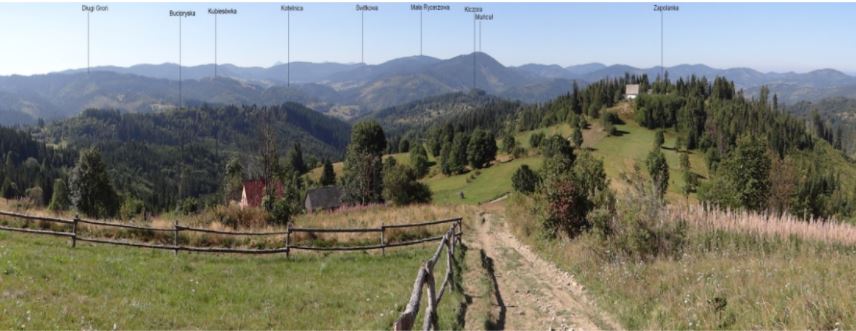Summary
The program “Flowering meadows” has been introduced in 2011 by the Żywiec Zdrój S.A. company (one of the largest producers of bottled water and other soft drinks in Poland) within their Corporate Social Responsibility policy. Under the program, farmers/land owners in the communes of Jeleśnia, Węgierska Górka, Radziechowy-Wieprz regularly mow meadows respecting certain rules in order to protect biodiversity as well as water resources used by the company. Since 2017 the program has been managed by National Foundation of Environmental Protection Centrum UNEP/GRID-Warsaw. Farmers may take an advantage of the compensation of PLN 2.5 thousand/ha (ca. 580 euro/ha) of mowed area. In 2019, the project covered 52 ha of land owned by 97 farmers. The target area planned for protection is 120 ha of sensitive plots surrounding the water springs of Żywiec Zdrój S.A. As a result of this program, overgrowing of valuable grassland habitats was inhibited, and the infiltration of water was improved. The project allowed to secure populations of plant species subject to legal protection, which are highly threatened due to the abandonment of the use of mountain meadows – e.g. it prevented the extinction of the Spisz saffron in Sopotnia Mała in Polana Monarska.
Objectives
- Preservation, protection and restoration of the biodiversity in valuable natural areas;
- Protection of clean water resources of the region;
- Maintenance and improvement of valuable natural habitats.
Public Goods




Problem description
Abandonment of mowing accelerates the processes of secondary plant succession in the meadows by the influx of self-seeding invasive plant species and of trees. As a result, this affects the natural biodiversity of meadows, and reduces the water infiltration of these areas. Many species of valuable plants are being displaced from their natural habitats. Mowing meadows has a positive effect on the preservation of these habitats and improves water retention.
